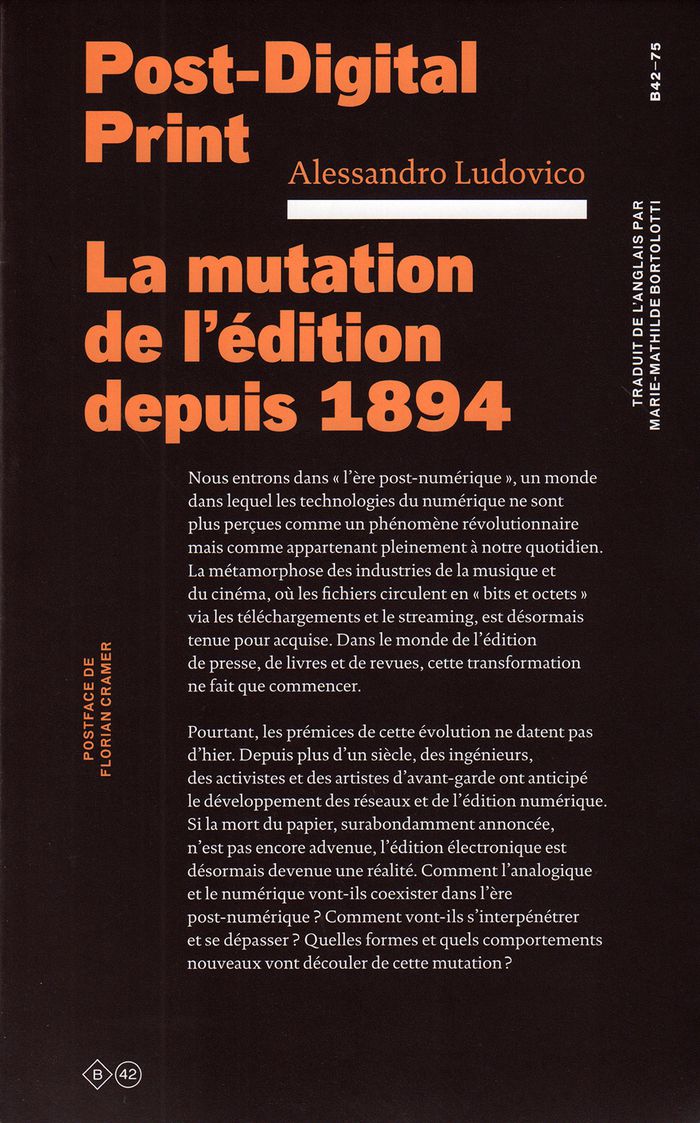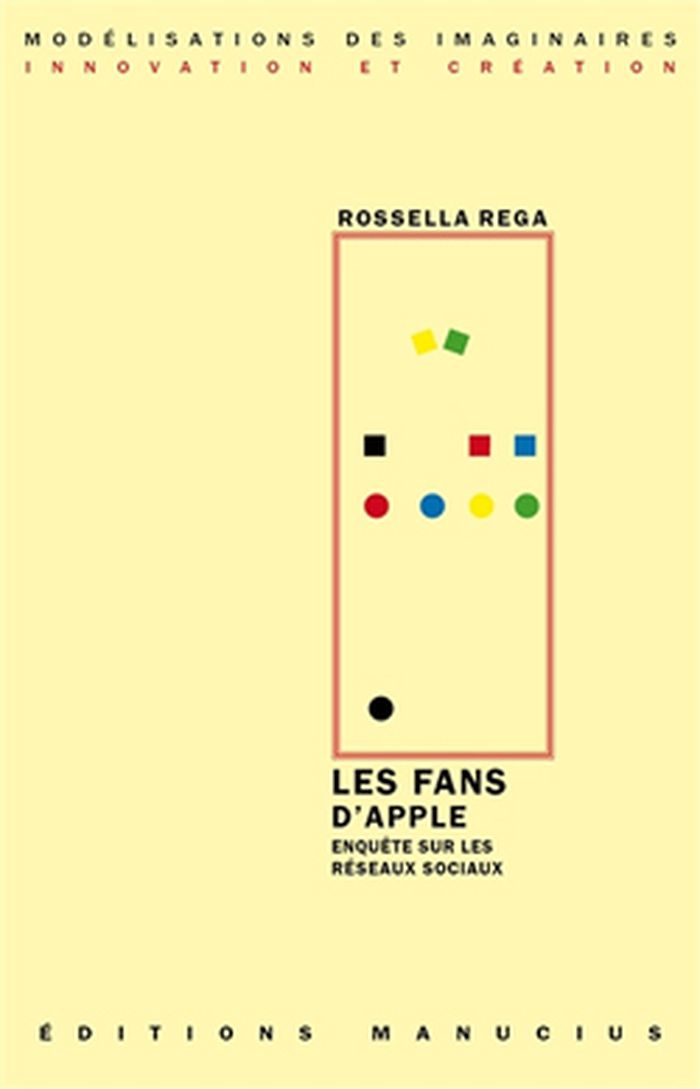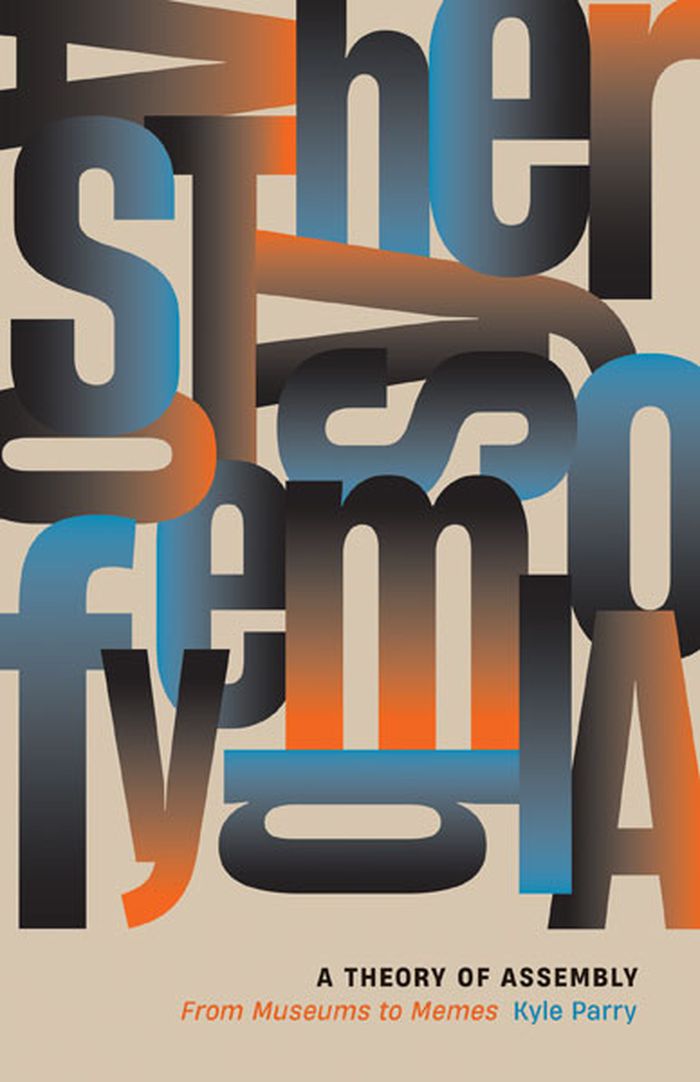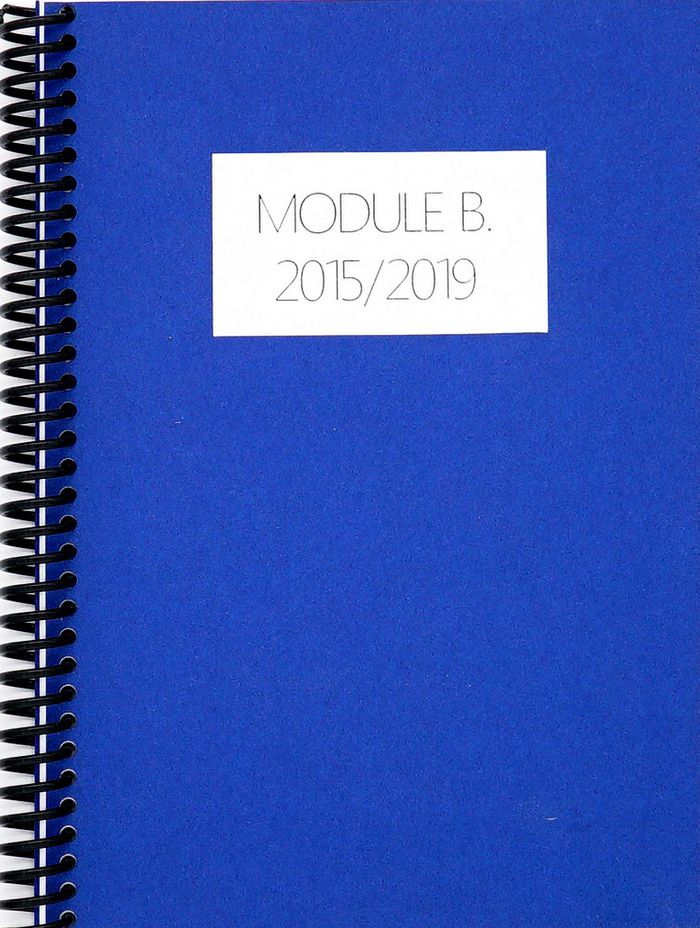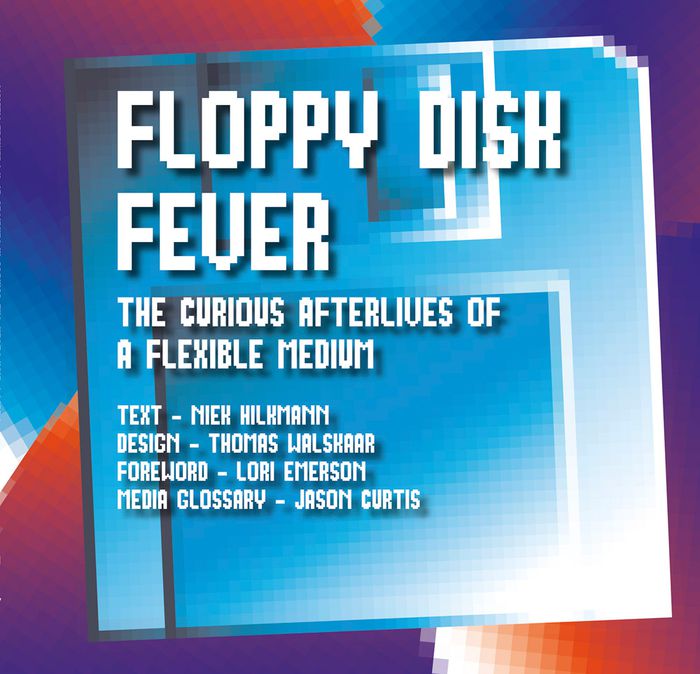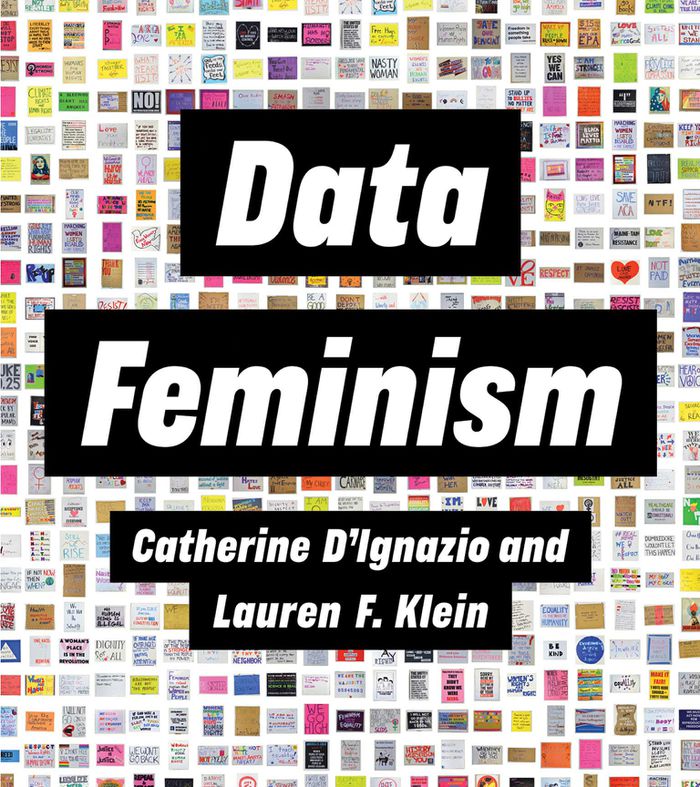$32.95
(disponible sur commande)
Résumé:
Uniting eighteen leading critics in early modern literary studies, this volume explores book history and the material text. The essays incorporate a broad range of subjects, such as gender and sexuality, religion, postcolonial theory, political and economic history, adaptation and appropriation, historical formalism, and digital humanities. With essays on Shakespeare,(...)
août 2016
The book in history, the book as history
Actions:
Prix:
$32.95
(disponible sur commande)
Résumé:
Uniting eighteen leading critics in early modern literary studies, this volume explores book history and the material text. The essays incorporate a broad range of subjects, such as gender and sexuality, religion, postcolonial theory, political and economic history, adaptation and appropriation, historical formalism, and digital humanities. With essays on Shakespeare, Spenser, Milton, and others, this volume makes early modern literary studies and book history accessible and will be a core resource in the field for years to come.
$52.95
(disponible sur commande)
Résumé:
The normative order and authoritarian use of conventional archives has long been criticised. This volume investigates the digitally informed transformation and multiplication of archives today, in conjunction with the increase in both accessibility and the amount of data produced, stored, and circulated. Despite improved search capabilities, documents, photographs, and(...)
Order and collapse: the lives of archives
Actions:
Prix:
$52.95
(disponible sur commande)
Résumé:
The normative order and authoritarian use of conventional archives has long been criticised. This volume investigates the digitally informed transformation and multiplication of archives today, in conjunction with the increase in both accessibility and the amount of data produced, stored, and circulated. Despite improved search capabilities, documents, photographs, and other images are in danger of vanishing. Yet new knowledge, connotations, and materialities are also emerging. Through various texts and artworks, a selection of contemporary artistic and research-based approaches to existing archives, the act of collecting images, and creating new archives is represented.
$45.95
(disponible en magasin)
Résumé:
Nous entrons dans « l’ère post-numérique », les technologies du numérique ne sont plus perçues comme un phénomène révolutionnaire, mais plutôt comme faisant partie intégrante de notre quotidien. La mutation de l’industrie de la musique et du cinéma, où les fichiers circulent en « bits et octets » via les téléchargements et le streaming, est désormais tenue pour acquise.(...)
Post-digital print : la mutation de l'édition depuis 1984
Actions:
Prix:
$45.95
(disponible en magasin)
Résumé:
Nous entrons dans « l’ère post-numérique », les technologies du numérique ne sont plus perçues comme un phénomène révolutionnaire, mais plutôt comme faisant partie intégrante de notre quotidien. La mutation de l’industrie de la musique et du cinéma, où les fichiers circulent en « bits et octets » via les téléchargements et le streaming, est désormais tenue pour acquise. Cependant, dans le monde de l’édition de livres et de revues, cette transformation ne fait que commencer. Pourtant, les prémices de cette mutation sont loin d’être récents. Depuis plus d’un siècle, des artistes d’avant-garde, des activistes et des ingénieurs ont anticipé le développement des réseaux et de l’édition numérique. Bien que la mort annoncée du papier ait été largement exagérée, l’édition numérique est désormais devenue une réalité. Comment l’analogique et le numérique vont-ils coexister dans l’ère post-numérique ? Comment vont-ils s’entrecroiser, se mélanger et se dépasser ? Dans ce livre, Alessandro Ludovico repense l’histoire de la technologie des médias, de l’activisme culturel et des arts d’avant-garde comme une préhistoire de la soi-disant dichotomie entre papier et numérique.
livres
$32.95
(disponible sur commande)
Résumé:
Earth Moves, Bernard Cache's first major work, conceptualizes a series of architectural images as vehicles for two important developments. First, he offers a new understanding of the architectural image itself. Following Gilles Deleuze and Henri Bergson, he develops an account of the image that is nonrepresentational and constructive—images as constituents of a primary,(...)
Earth moves: the furnishing of territories
Actions:
Prix:
$32.95
(disponible sur commande)
Résumé:
Earth Moves, Bernard Cache's first major work, conceptualizes a series of architectural images as vehicles for two important developments. First, he offers a new understanding of the architectural image itself. Following Gilles Deleuze and Henri Bergson, he develops an account of the image that is nonrepresentational and constructive—images as constituents of a primary, image world, of which subjectivity itself is a special kind of image. Second, Cache redefines architecture beyond building proper to include cinematic, pictoral, and other framings. Complementary to this classification, Cache offers what is to date the only Deleuzean architectural development of the "fold," a form and concept that has become important over the last few years. For Cache, as for Deleuze, what is significant about the fold is that it provides a way to rethink the relationship between interior and exterior, between past and present, and between architecture and the urban.
livres
janvier 1995
$48.00
(disponible sur commande)
Résumé:
Is there a cultural logic of what we have come to call the information age? Have the technologies and techniques centered on the computer provided not only tools but also the metaphors through which we now understand the social and economic formation of our world? In Control, Seb Franklin addresses the conditions of knowledge that make the concept of the "information(...)
Control: digitality as cultural logic
Actions:
Prix:
$48.00
(disponible sur commande)
Résumé:
Is there a cultural logic of what we have come to call the information age? Have the technologies and techniques centered on the computer provided not only tools but also the metaphors through which we now understand the social and economic formation of our world? In Control, Seb Franklin addresses the conditions of knowledge that make the concept of the "information economy" possible while at the same time obscuring its effects on material social spaces. In so doing, Franklin traces three intertwined threads: the relationships among information, labor, and social management that emerged in the nineteenth century; the mid-twentieth-century diffusion of computational metaphors; and the appearance of informatic principles in certain contemporary socioeconomic and cultural practices. Drawing on critical theory, media theory, and the history of science, Franklin names control as the episteme grounding late capitalism. Beyond any specific device or set of technically mediated practices, digitality functions within this episteme as the logical basis for reshaped concepts of labor, subjectivity, and collectivity, as well as for the intensification of older modes of exclusion and dispossession. In tracking the pervasiveness of this logical mode into the present, Franklin locates the cultural traces of control across a diverse body of objects and practices, from cybernetics to economic theory and management styles, and from concepts of language and subjectivity to literary texts, films, and video games.
$8.95
(disponible sur commande)
Résumé:
L'auteure analyse les codes et les usages des membres de communautés d'internautes amateurs de produits Apple. Elle montre que l'imaginaire déployé découle d'une volonté de la marque de créer un univers technologique au sein duquel les attentes et les rêves des clients sont comblés par une offre de produits informatiques.
Les Fans d'Apple : enquête sur les réseaux sociaux
Actions:
Prix:
$8.95
(disponible sur commande)
Résumé:
L'auteure analyse les codes et les usages des membres de communautés d'internautes amateurs de produits Apple. Elle montre que l'imaginaire déployé découle d'une volonté de la marque de créer un univers technologique au sein duquel les attentes et les rêves des clients sont comblés par une offre de produits informatiques.
$41.99
(disponible sur commande)
Résumé:
Digital and social media have transformed how much and how fast we communicate, but they have also altered the palette of expressive strategies: the cultural forms that shape how citizens, activists, and artists speak and interact. Most familiar among these strategies are storytelling and representation. In A Theory of Assembly, Kyle Parry argues that one of the most(...)
A theory of assembly: From museums to memes
Actions:
Prix:
$41.99
(disponible sur commande)
Résumé:
Digital and social media have transformed how much and how fast we communicate, but they have also altered the palette of expressive strategies: the cultural forms that shape how citizens, activists, and artists speak and interact. Most familiar among these strategies are storytelling and representation. In A Theory of Assembly, Kyle Parry argues that one of the most powerful and pervasive cultural forms in the digital era is assembly. Whether as subtle photographic sequences, satirical Venn diagrams, or networked archives, projects based in assembly do not so much narrate or represent the world as rearrange it. This work of rearranging can take place at any scale, from a simple pairing of images, undertaken by one person, to the entire history of internet memes, undertaken by millions. With examples ranging from GIFs and paintings to museum exhibitions and social movement hashtags, Parry shows how, in the internet age, assembly has come to equal narrative and representation in its reach and influence, particularly as a response to ecological and social violence. He also emphasizes the ambivalence of assembly—the way it can be both emancipatory and antidemocratic.
Module B. 2015/2019
$20.00
(disponible en magasin)
Résumé:
MODULE B. interroge la bibliothèque en tant qu’espace de classement, de présentation et de collection d’un savoir personnel ou collectif. À l’ère du numérique, il s’agit aussi de dégager la signification de la bibliothèque, sa manière d’agencer un espace, sa définition matérielle et les formes de sa virtualisation. Lors de l’inauguration du projet MODULE B. en 2015, le(...)
Module B. 2015/2019
Actions:
Prix:
$20.00
(disponible en magasin)
Résumé:
MODULE B. interroge la bibliothèque en tant qu’espace de classement, de présentation et de collection d’un savoir personnel ou collectif. À l’ère du numérique, il s’agit aussi de dégager la signification de la bibliothèque, sa manière d’agencer un espace, sa définition matérielle et les formes de sa virtualisation. Lors de l’inauguration du projet MODULE B. en 2015, le visiteur était amené à remplir l’une des 16 fiches du répertoire créé pour l’occasion, portant chacune un intitulé différent, une interrogation particulière sur la définition d’une bibliothèque, à travers un prisme différent. Suite à l’exposition de Module B. à hon\ books en 2019, antoine lefebvre editions publie la collection des fiches recueillies par le collectif.
$25.00
(disponible sur commande)
Résumé:
This volume explores the curious afterlives of the floppy disk in the 21st century through the work of those involved with the medium today. The book reflects on notions of obsolescence, media preservation and nostalgia, and challenges these by showing the endurance and versatility of this familiar piece of technology. From floppy filmmakers to floppy painters and beyond:(...)
novembre 2022
Floppy disk fever: The curious afterlives of a flexible medium
Actions:
Prix:
$25.00
(disponible sur commande)
Résumé:
This volume explores the curious afterlives of the floppy disk in the 21st century through the work of those involved with the medium today. The book reflects on notions of obsolescence, media preservation and nostalgia, and challenges these by showing the endurance and versatility of this familiar piece of technology. From floppy filmmakers to floppy painters and beyond: what drives people to continue working with the medium that is typically deemed obsolete? What challenges and affordances does it provide? And what does the future hold in store for the familiar black square? By looking at the current presence of past technology we can assess our present-day situation and speculate on the future developments of our media landscape. After all, the technology of the past is also part of our future. This volume features interviews with key players in the contemporary floppy-disk world, including not only artists and filmmakers using floppy disks in their practice but also businessmen, archivists and museum proprietors working to preserve the medium.
Data feminism
$39.95
(disponible sur commande)
Résumé:
Today, data science is a form of power. It has been used to expose injustice, improve health outcomes, and topple governments. But it has also been used to discriminate, police, and surveil. This potential for good, on the one hand, and harm, on the other, makes it essential to ask: Data science by whom? Data science for whom? Data science with whose interests in mind?(...)
mars 2020
Data feminism
Actions:
Prix:
$39.95
(disponible sur commande)
Résumé:
Today, data science is a form of power. It has been used to expose injustice, improve health outcomes, and topple governments. But it has also been used to discriminate, police, and surveil. This potential for good, on the one hand, and harm, on the other, makes it essential to ask: Data science by whom? Data science for whom? Data science with whose interests in mind? The narratives around big data and data science are overwhelmingly white, male, and techno-heroic. In ''Data feminism,'' Catherine D'Ignazio and Lauren Klein present a new way of thinking about data science and data ethics—one that is informed by intersectional feminist thought. Illustrating data feminism in action, D'Ignazio and Klein show how challenges to the male/female binary can help challenge other hierarchical (and empirically wrong) classification systems. They explain how, for example, an understanding of emotion can expand our ideas about effective data visualization, and how the concept of invisible labor can expose the significant human efforts required by our automated systems. And they show why the data never, ever ''speak for themselves.'' ''Data feminism'' offers strategies for data scientists seeking to learn how feminism can help them work toward justice, and for feminists who want to focus their efforts on the growing field of data science. But ''Data feminism'' is about much more than gender. It is about power, about who has it and who doesn't, and about how those differentials of power can be challenged and changed.


